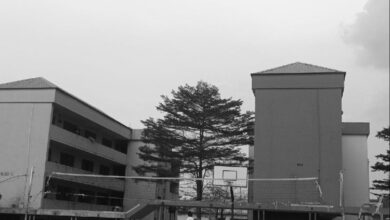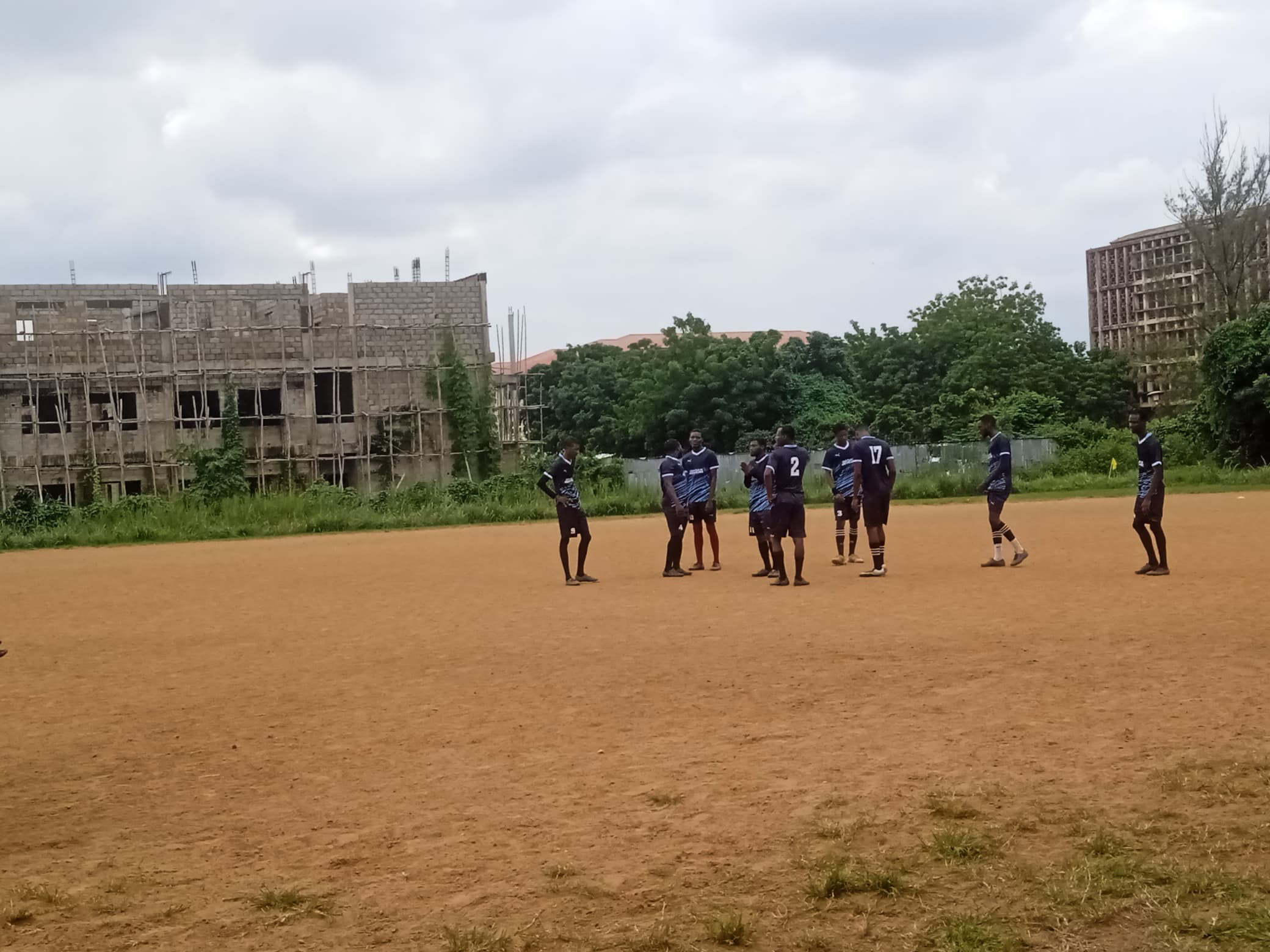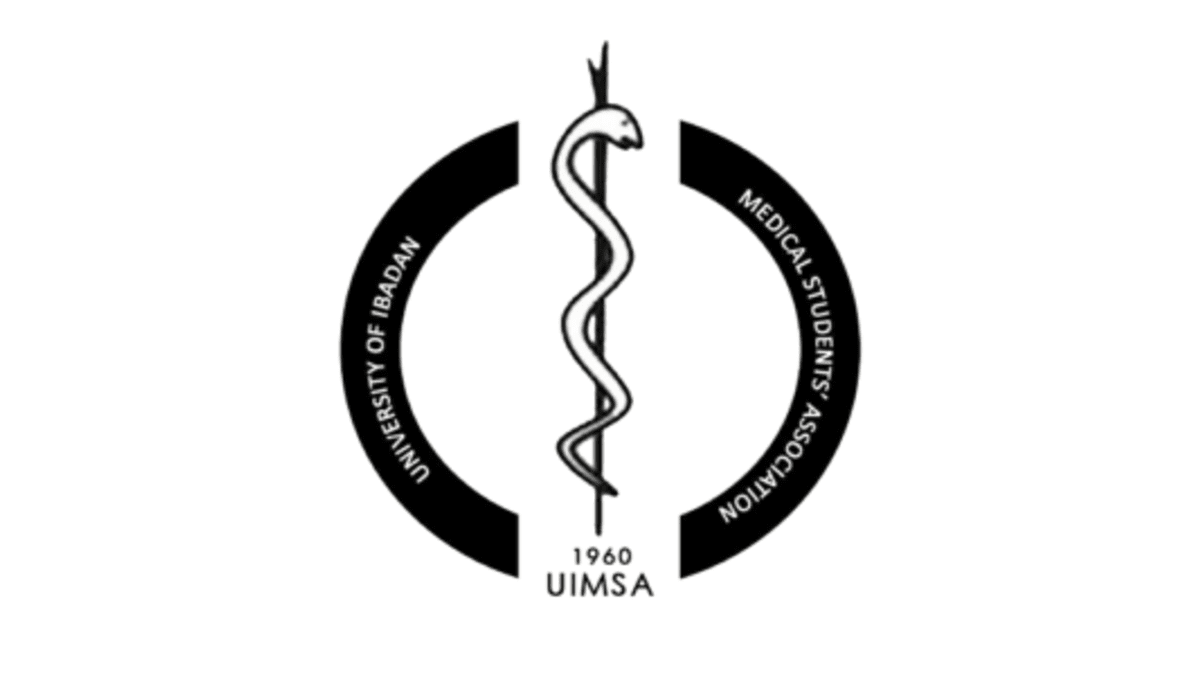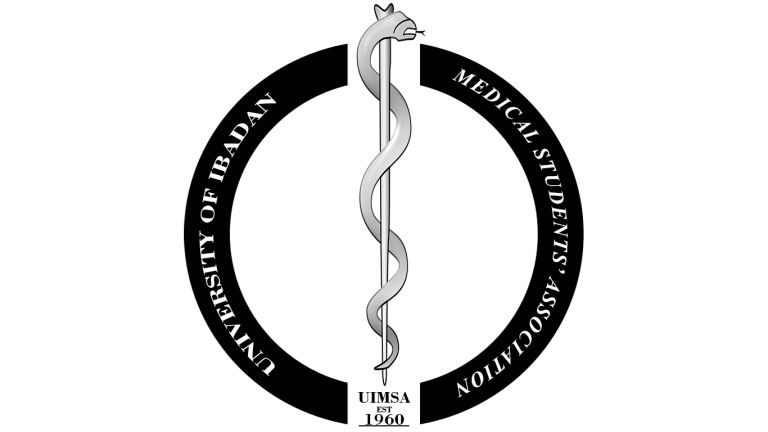Five new executives have been co-opted and sworn into office by the UIMSA Senate at its First Emergency Meeting for the 2022/2023 Tenure.
The meeting which took place on the 3rd of June, 2023, saw the following UIMSAites sworn in as executives:
Miss Jayeoba Olamide (500 Level) – Vice President
Miss Adefunke Bolatito (500 Level) – General Secretary
Miss Folashade Olajuwon (500 Level) – Treasurer
Mr. Fuhad Moshood (400 Level) – Special Duties Officer (Clinicals)
Mr. David Akinnusoye (300 Level) – Sports Secretary
These appointments arose in fulfillment of Sections 23 and 24a of Article XXIII of the UIMSA Constitution, which states, “When an elected office becomes vacant by virtue of resignation or otherwise, the vacant office shall be filled within thirty (30) days of the occurrence of such vacancies. The process shall be by bye-election and shall be conducted in the manner of the ordinary election” and “Where the above fails to fill the vacant positions, the Senate shall have power to a)In the case of the Executive Council, appoint a member of the Association to the office on the recommendation of the Executive Council and ratification by two-third (2/3) majority of Senators present and voting.”
Of the five newly appointed executives, two served in the previous tenure; Miss Jayeoba Olamide as Assistant General Secretary and Miss Adefunke Bolatito as Special Duties Officer (Clinicals), while the rest are new faces.
John Eriomala




